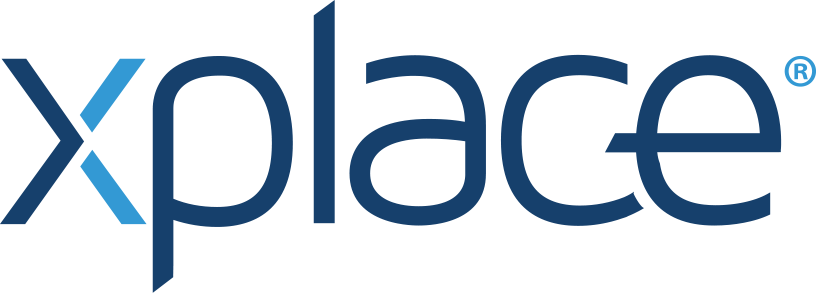Comparing machine translation and professional human translators. Key factors you should know before choosing between MT and human translation.
Machine translation or human translation? This question is becoming a matter of debate among translators, LSPs, and global businesses. It is not just about the performance and convenience of employing either machine or human transition, but the overall translation industry future and job security of human translators depends on the answer.
To answer this question, and compare both machine translation technology and human translations, we have to look at different industry trends and innovations happening in the translation business worldwide.
Being a business, it is not very easy to choose between professional translators and paid TMS systems. There are a lot of factors that you should keep in mind.
In this article, we’ll compare machine translation systems with human translation and try to figure out the most convenient and reliable option.
Machine Translation Vs Human Translation
You might have experienced poorly translated content by machine in the past. It mostly happens when you’re using an open-source system. However, we have to admit that machine translation technology has transformed a lot over the past few years.
Now we have AI-powered smart systems available in the market that are efficient enough to generate human-like translation. That too in the quickest turnaround time.
Human translators, on the flip side, are more well-versed with the cultures, emotions, and social values of a specific region. Following are some important points you must know before choosing between machine translations and human translators.
Time & Speed
In the end, it all boils down to speed & quality. Unlike human translation, the machine can generate high volumes of content faster. It not just saves your time but also reduces the chances of missed deadlines, which are quite common in the case of human translations.
In human translations, it takes more time to finish one translation project because of manual translation management and slow speed. Machine translations automate your overall translation processes and streamline the overall workflow that helps you get more work done in less time. As far as speed and time management is concerned, machine translation is a clear winner here.
Cost-Effectiveness
Translation budget is one of the major factors that one must consider while comparing TMS systems with professional translators. Many businesses might consider TMS as an added expense, but in reality, it can reduce your translation cost substantially. No matter whether you are hiring in-house employees or freelancers, human translators are way more expensive than machine translations.
In the case of the TMS system, you only have to pay for the monthly/annual subscription plan. The plan is customized to your needs, and you can generate your translation in a matter of seconds. So, machine translation is a budget-friendly option compared to professional translators.
Convenience & Ease
Managing large-scale translation projects, especially if you are an LSP or a global business operating at multiple locations, can be challenging. For the effective management of your translation project, you would need an infrastructure that supports your everyday translation processes and help you complete your localization project with much ease.
When it comes to convenience and efficiency, TMS systems can be great support because they automate your operations making your translation management hassle-free. On the other hand, manual human translation gets too complicated, and it takes more effort and time to finish a task.
So, if you want to optimize your translation processes and smartly manage the teams, it's better to go for a machine translation system. This system reduces the workloads on employees and makes your overall translation management job effortless.
Quality & Accuracy
Your overall brand reputation in the foreign market depends on the quality of translated content. It has to be error-free and accurate to build a strong brand image internationally. In the case of machine translation, because it works with minimal human intervention, there are very few chances of mistakes.
Human translations are more prone to errors and require multiple edits and reviews before finalizing the translations. If you are using a professional TMS system, it is very rare to have spelling, grammatical, or logical mistakes in your translation. However, you can still get some professional linguistics on board to look for errors and improve the translations.
Cultural Understanding
With all the perks and benefits that machine translations offer you, there are some drawbacks that you must consider. Translations are not just about swiping the words to another language; they should be culturally appropriate as well. When it comes to understanding cultural sensitivities, machines are not as good as a human.
Human translators are more likely to provide in-context and culture-friendly translations. Moreover, with machine translations, you might have a hard time keeping the tone and style of translation consistent across all regions.
Final Words!
Whether you want to employ a machine translation system or hire professional translators, both have their own perks and drawbacks that you must be aware of. When it comes to speed, cost, and convenience, machine translation is a great option. However, to incorporate cultural sensitivities, social values, and emotions in your translation you should have human translators in place.
So, with all the development in AI translation technology, machine translation is still not efficient enough to replace humans. It is more important for businesses and agencies to learn and work hand-in-hand with both professional translators and advanced translation systems to achieve the best results.








 פרסום פרויקט
פרסום פרויקט


 התחבר עם פייסבוק
התחבר עם פייסבוק
 התחבר עם LinkedIn
התחבר עם LinkedIn